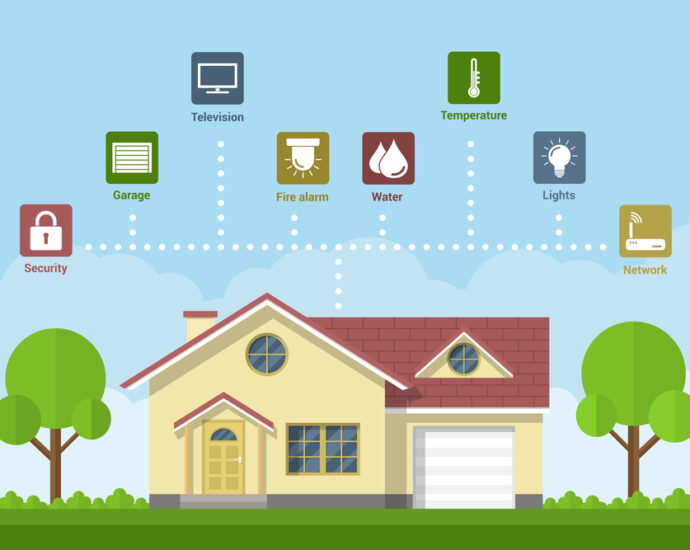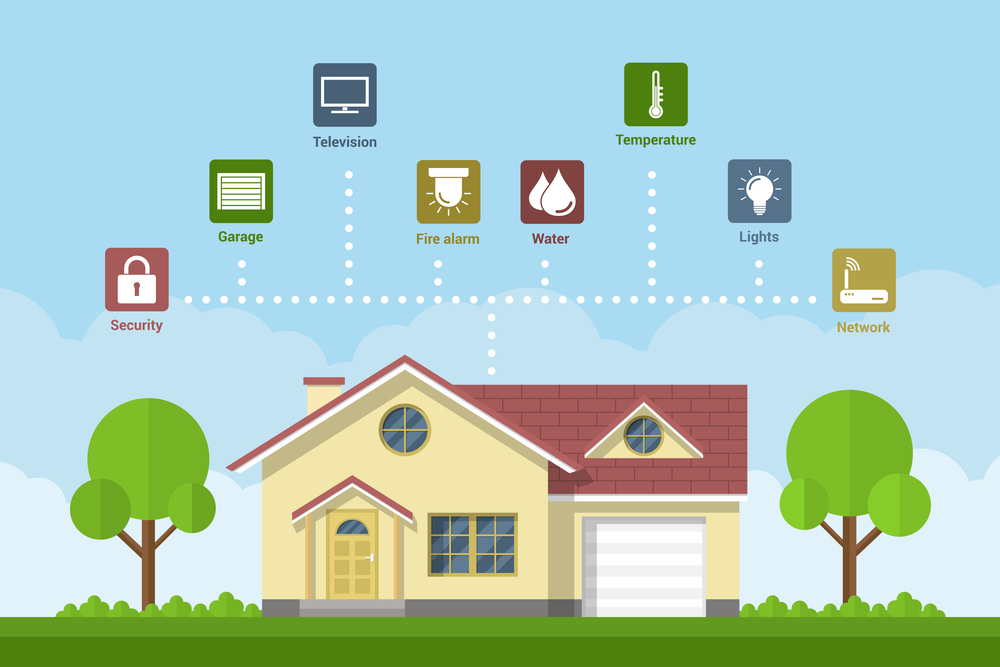Today, almost 70% of consumers own at least one smart device. These devices can range from a smart speaker to a window shade to a mirror. They cover a range of utilities but one thing is true for all smart products, they make things easier. The smart homes of today may not be completely self-run as was previously predicted. Instead, they take a little bit of human monotony out of everyday life.
This is a valued utility today. 80% of millennials and Gen-Z perceive the adoption of smart technology as a positive. When it comes to why it is exactly what’s expected, 94% value the convenience, although that’s not the only reason. For example, smart security is one of the first adopted smart technologies.
Smart security allows the home to be observed and protected from a distance, creates more general security, and is convenient. Smart water, heating, and electric systems have the similarly unique role of saving money. The convenience of changing settings saves an estimated thousands of dollars over the years. Finally, other smart systems such as a smart speaker allow more personalization through their connection to the internet.
In fact, smart audio and video devices are some of the most popular on the market. These products are the first that come to mind for most consumers, the “Alexa’s” and “Echo’s” of the world. Although these devices are undeniably pricey, more and more homes find them in their living rooms. The market grows year after year at astounding rates.
It’s not that smart homes full of smart devices are in any way a necessity. Instead, many Americans and people across the world are simply looking for convenience. The home is a place of comfort, a place of reliability, and now a place of convenience.


